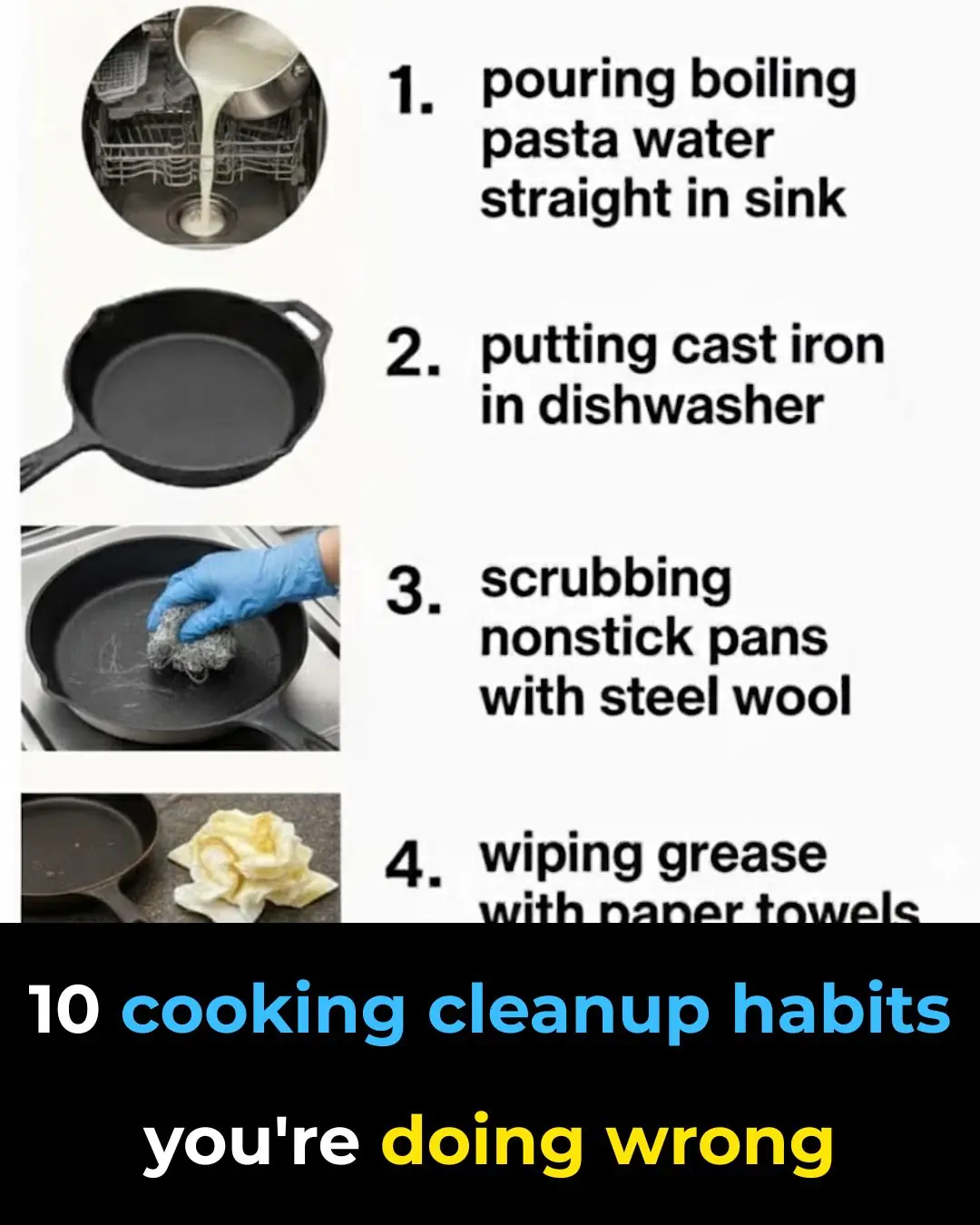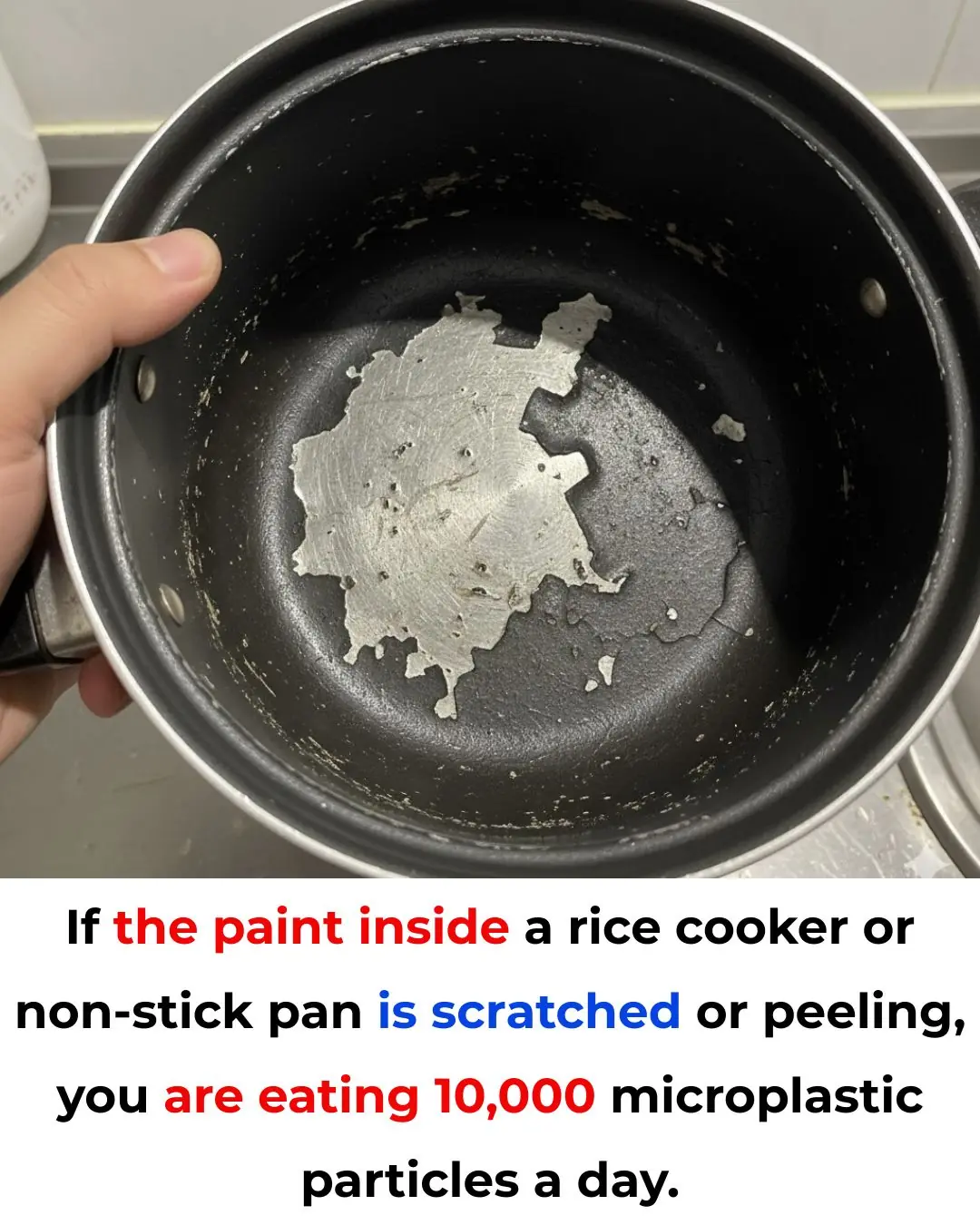
Objects That May Be Harming Your Health Without You Noticing

Old or low-quality mattresses and pillows
Many mattresses and pillows made with synthetic foams release volatile organic compounds (VOCs), such as formaldehyde or toluene, linked to respiratory irritation and long-term carcinogenic effects.
What to do: Choose mattresses certified as toxin-free and covers made from natural cotton or bamboo.
Particleboard or MDF furniture
These materials often contain formaldehyde, an invisible gas used as an adhesive that is slowly released into the air. Prolonged exposure can irritate the eyes, skin, and respiratory tract, and has been associated with nasopharyngeal cancer.
What to do: Keep your room well-ventilated, seal furniture with natural coatings, or replace them with solid wood pieces.
Scented candles and synthetic air fresheners
When burned, paraffin candles and aerosol sprays release benzene and toluene—substances recognized by the WHO as carcinogenic.
What to do: Use beeswax or natural soy candles, and choose diffusers with pure essential oils.
Curtains, carpets, or upholstery with chemical treatments
Many household fabrics are treated with flame retardants or PFAS (per- and polyfluoroalkyl substances), persistent chemicals that can disrupt hormones and increase cancer risk.
What to do: Opt for natural fabrics (cotton, linen, wool) without synthetic treatments, and wash them regularly.
TV, Wi-Fi router, or chargers near the bed
Constant exposure to electromagnetic fields may disrupt circadian rhythms. Although evidence on carcinogenic effects is still being studied, experts recommend limiting exposure while sleeping.
What to do: Unplug devices or keep them at least two meters away from your bed.
Old paints and varnishes
Paints containing lead or old solvents can release gases and heavy metals that become toxic over time.
What to do: If you plan to repaint, use eco-friendly water-based paints and ensure proper ventilation.
Dirty clothes or clutter buildup
While not toxic by themselves, accumulated dust, sweat, and humidity encourage mold and bacteria growth, which can affect your lungs and immune system.
What to do: Keep your room clean and dry, and avoid leaving damp clothes or unventilated rugs.
How to Promote Health and Better Sleep
-
Air out your room every day for at least 15 minutes to renew the air and remove accumulated gases.
-
Use natural materials for bedding and furniture.
-
Avoid excessive electronic devices near your bed.
-
Adjust lighting: use warm lights and avoid screens before sleep.
-
Keep visual order: a clean, uncluttered space helps your body relax.
Your bedroom can either be a sanctuary of well-being or a silent source of pollution. Objects that seem harmless may release harmful substances each night without you realizing it.
Transforming that space doesn’t require luxury—just awareness and small changes: clean air, natural materials, and an environment free of stress and chemicals.
Sleeping in a healthy environment not only improves your rest but also protects your long-term health.
News in the same category


Household Items That Quickly Get Damaged If You Clean Them with Dish Soap

You are doing it all wrong. Here's the right way to eat eggs

My nana taught me this hack to get rid of puffy eyes in 2 mins with 0 work. Here’s how it works

How to Grow Papaya in Pots: Heavy Harvests of Big, Sweet Fruit

Save Millions of Dong in Electricity Bills Each Year by Cleaning This Hidden Part of Your Rice Cooker

4 Ways to Cook Chicken Without Using Water

Today I Learned How to Use the Detergent Drawer on a Washing Machine—No Wonder My Clothes Weren’t Getting Fully Clean

My nana taught me this hack to get rid of grill gunk in 4 mins with 0 work. Here’s how it works

Most do this wrong: 10 things you're over-washing

Pillow filling turns yellow with tiny mold spots that soap can't remove: Soak it in this and even heavy dirt will come out spotless

Put the stone into the rice cooker: The rice becomes delicious and sticky, stays good for a long time without turning red.

Natural substances in honey when consumed in the morning help detoxify the body and are effective for weight loss.

Boil bananas for a week and eat them before meals, and something surprising will happen.

Tips for storing ginger without a refrigerator, keeping it for a whole year without worrying about sprouting or rotting

Soak grapefruit peels in water and then place them in the fridge, seems like it's not for anything but to save money every year

10 cooking cleanup habits you’re doing wrong

If the Non-Stick Coating on Your Pan or Rice Cooker Is Scratched, You’re Eating 10,000 Microplastic Particles a Day

Pouring Beer Into Table Salt? It Solves So Many Household Problems — I Wish I’d Known This Trick Sooner!
News Post

The Ultimate Healing Tonic: A Powerful Natural Drink for Swollen Feet, Diabetes & Poor Circulation

Stop This Dangerous Habit Before Your Phone Explodes!

Women Who Age Quickly & Have Shorter Lifespans Often Do These 4 Things at Night — How Many Are You Guilty Of?

Eating Fish “for Ultimate Strength” — 30-Year-Old Woman Diagnosed with Premature Ovarian Failure, Body Full of Mercury

42-Year-Old Man Dies of Stroke Despite No Smoking or Alcohol — Doctor Warns: “How Dare You Eat This Every Day!”

“Doctor warns: 3 beauty habits you might think are harmless — but that could speed up cancer development!”

Boil Perilla Leaves with a Few Stalks of Lemongrass — Your Body Gets These 7 Excellent Benefits

Everyone Fears Diabetes — But Diabetes “Fears” These 5 Foods the Most

Drinking Plantain Leaf Tea: 5 Powerful Health Benefits for Your Body

Drink Roasted Black Bean and Ginger Tea for 7 Days — Your Body Will Thank You with 3 Amazing Benefits

Garlic: The Natural Weapon Against Pests You Probably Forgot About

Banana and Coffee: Powerful combination with surprising benefits

Household Items That Quickly Get Damaged If You Clean Them with Dish Soap

You are doing it all wrong. Here's the right way to eat eggs

10 Reasons to pick purple dead nettle this spring

My nana taught me this hack to get rid of puffy eyes in 2 mins with 0 work. Here’s how it works

The Ultimate Healing Tonic: Ginger, Guava, Cloves & Turmeric in One Powerful Cup

If you suffer from arthritis pain and joint aches, here's what you should know
